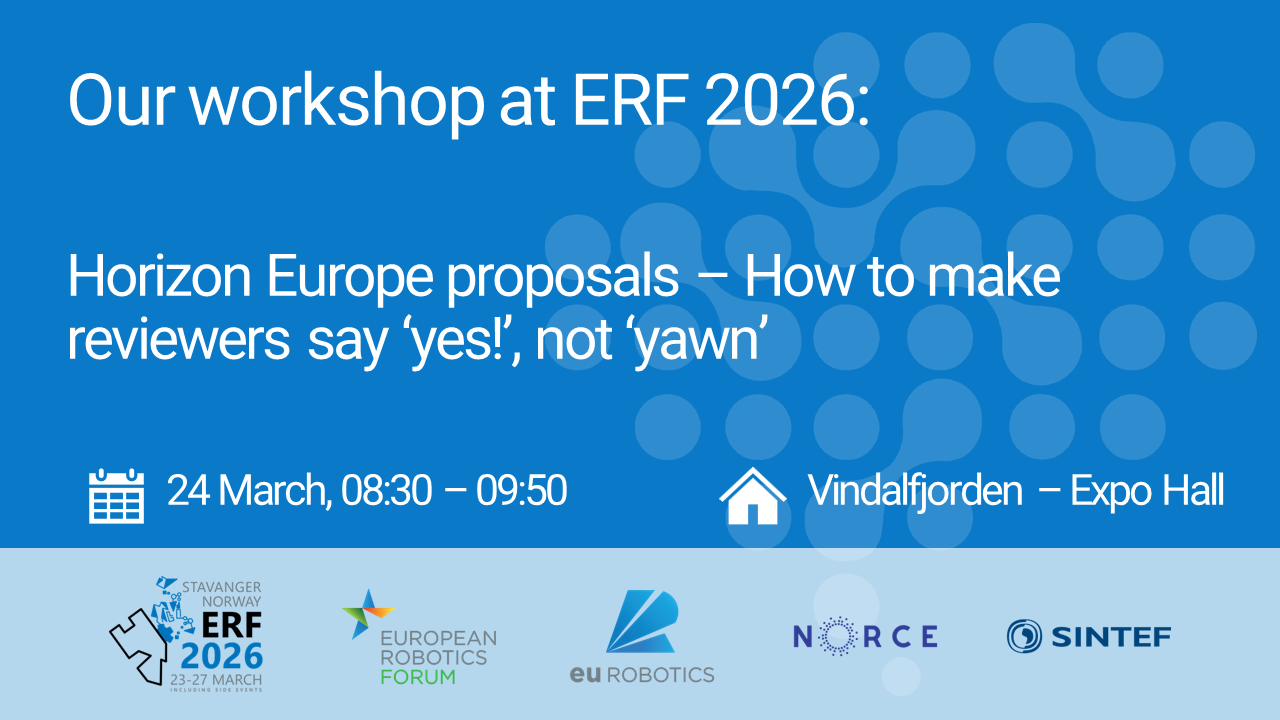

International Conference on Knowledge Technologies and Data-driven Business
October 18-19, 2016 in Graz, Austria
www.i-know.at
The International Conference on Knowledge Technologies and Data-driven Business (I-Know) has a 15-year
history of bringing together the best minds in its field. Together we have successfully shaped research
and practice on how knowledge and data are best leveraged in business and industry, and how knowledge
technologies shape this relationship.
Knowledge Technologies have dramatically changed over this period. In order to pick up recent trends,
and to allow I-Know to always be at the cutting edge of this development, we are issuing this “Call for
Workshops”.
Important Dates
---------------
May 9 - deadline workshop submission
May 16 - accept/reject notification of workshops
May 23 - call for workshop papers
July 25 - deadline workshop papers
August 22 - accept/reject notification of workshop papers
September 12 - camera ready version of workshop papers
October 18-19 - I-Know 2016 Conference in Graz
Workshop Topics
---------------
Workshops should address research at the intersection of disciplines such as knowledge discovery,
visual analytics, web & data science, social, semantic and ubiquitous computing. The goal of
integrating these approaches is to augment human intelligence by designing tools and services which
interact naturally with humans, learn from their experiences and generate and evaluate evidence-based
hypotheses – following the cognitive computing paradigm. That is, we interpret cognitive computing as
the convergence of various knowledge technologies research fields. We are specifically interested in
the integration of data-centric, e.g. data science, and user-centric approaches, e.g. ubiquitous computing,
and welcome contributions from both ends of the spectrum.
We are specifically interested in examining the augmentation of human intelligence in the context of
diverse application domains across all aspects of society. This includes in the business domain e.g.
Industry 4.0 and Professional Learning 4.0, in the research domain e.g. Computational Life Sciences and
Open Science, in the education domain e.g. Data-driven Education and Learning Analytics, and on societal
level e.g. Digital Humanities and Computational Social Sciences.
Why Organize a Workshop at I-Know 2016?
---------------------------------------
I-Know has a special tradition of serving as a bridge between research and industry. Since its
inception in 2001, more than 3000 participants from industry have participated at I-Know conferences.
Large companies such as Infineon, Siemens, Kapsch, Magna Steyr, AVL, Austrian Press Agency as well as a
multitude of SMEs from the DACH and Eastern European regions regularly participate in order to assess the
newest trends and developments. In the last years, I-Know’s Demo and Poster exhibition served as a meeting
platform between young technical enthusiasts and business investors (e.g. business angels).
By encouraging the interaction between research and industry application, I-Know has served as Launchpad
for a number of application oriented collaborative research projects (EU FP6, FP7) and specifically
in Horizon 2020 research programmes.
It will be possible to also organize project dissemination/training events targeting specifically
industry partners. Please contact Nina Simon at [email protected]
Call for Workshop Contributions
-------------------------------
We expect workshop organisers to be responsible for the organisation and preparation of their own workshop,
for issuing call for papers and for making results available. Conference organisers will issue Conference
Call for Papers that collects and distributes all workshop calls and disseminates them widely. There will
be no call for papers for a main conference track, instead our aim is to organise one day of attractive
invited talks as a one track conference that should draw a large number of participants from research and
industry. Workshops will happen on the previous day as parallel tracks and focus on a broad array of topics
connected to the overall conference. The best accepted workshop contributions will be published as additional
conference proceedings in the ACM digital library.
We ask contributors to submit proposals for workshops (max 4 pages) structured as follows:
------------------------------------------------------------------------------------------
- Contact: One single contact person per submission
- Workshop Title: A short title
- Topic: The topic of the workshop and how it is connected to the overall theme of I-Know
- Organizers: Names and contact information of the workshop organisers (name, affiliation, email address,
homepage) and short (one paragraph) biography of each organizer, explaining the organizer's expertise for
the workshop including past experience in organising and facilitating workshops. We strongly advise having
more than one organizer and no more than four, preferably from different organisations, bringing different
perspectives to the workshop topic.?
- Sponsors: Any research projects, scientific societies or communities or industry networks that support or
might sponsor the workshop
- Target Group: A brief description of why and to whom the workshop is of interest, the workshop audience,
as well as the expected number of participants
- Dissemination: A description of how dissemination of the event will be organised, how contributors will
be found and how results will be made available after the workshop (especially focussing on open access)
- Description: A description of how the workshop will be organised and run on the day, a rough proposal of
the schedule and timing on the day as well as any additional organisational requirements.
- Duration: Workshop duration can be half a day or a full day.
We welcome workshops with creative structures and organisations that attract various types of contributions
and ensure rich interactions.
Please note that the duration of a workshop might need to be adjusted based on the overall number of
submissions received. Furthermore, workshops that receive less than 5 submissions or have less than
10 people registered at the early registration deadline might be cancelled.